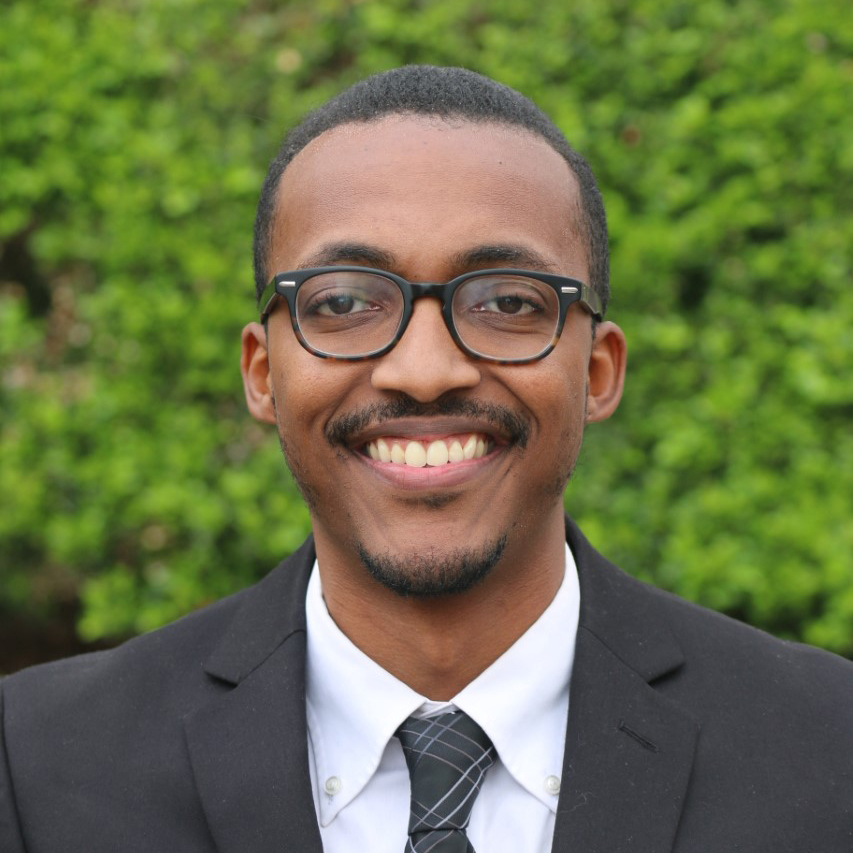 |
| Christopher Roper |
Advancing Science in America (ARCS) Foundation Atlanta awarded 15 Georgia Tech Ph.D. scholars, including AE student Christopher Roper. The ARCS Foundation provides funding for STEM scholars in Georgia who significantly impact science, engineering, and medical research for the greater good, and Roper’s research aims to do just that.
The ARCS Fellow works in the Aerospace Systems Design Lab (ASDL) as well as the High-Power Electric Propulsion Lab (HPEPL). His research revolves around plasma instabilities in high-speed plasma dynamics sources for propulsion.
“I hope to make a tremendous impact on the space community by ultimately reducing space pollution in the near future,” Roper stated.
The problem with space pollution is not a new phenomenon. In the 1950s and 1960s, high-altitude nuclear detonations (HAND) were conducted to study the physics of nuclear science ranging between Earth’s atmosphere and outer space. In these detonation experiments, powerful gamma rays would penetrate the atmosphere, interacting and colliding with air molecules, producing an enormous number of ions and electrons. The massive amount of energy would then accelerate along the Earth’s magnetic field, producing an artificial radiation belt in space that could damage the satellite and other satellites and create space pollution.
In the past, scientists have used electron beam experiments to study spacecraft-plasma coupling, spacecraft charging, plasma interaction, and wave generation. However, interest has grown due to the global pursuit of space occupancy. “This study is critical because satellites in low Earth orbit (LEO) are vulnerable to enhanced electron flux in the inner radiation belt,” he pointed out.
Roper’s research involves integrating a sounding rocket experiment using an electron beam to quantitatively understand and characterize how energetic electron beams in space couple to plasmas to stimulate whistler-mode and R-X-mode radiation. This research is a collaborative effort between Los Alamos National Laboratory, NASA Goddard, and Georgia Tech.
“Tackling the research from this angle has great potential to benefit the safety of current and future satellite programs as well as crewed space missions for society,” he explained.
The Ph.D. student is no stranger to awards and fellowships. In addition to the ARCS Fellowship, he is also the recipient of the Ford Foundation Fellowship, the SREB State Doctoral Scholars Program Fellowship, the GEM fellowship, the Herbert P. Haley Fellowship, the Air force Research Lab Summer Faculty Fellowship Program (AFRL-SFFP), and the Graduate Retaining Inspirational Scholars in Technology and Engineering (GRAD-RISE) Award. He also served as a NASA Pathways intern at the Jet Propulsion Lab and the Glenn Research Center and as a control systems engineer at Boeing.
He earned his bachelor’s degree in mechanical engineering from Kennesaw State University with a double minor in aerospace engineering and mathematics. He also earned a bachelor’s degree in physics from the University of West Georgia. So when the go-getter came to Georgia Tech, it was a natural fit to join the ASDL and HPEPL.
He credits his support system for his tremendous success and for helping him face challenges in the research, “My technical support system at Los Alamos National Laboratory, NASA, and Georgia Tech has been with me every step of the way.”
College of Engineering, Associate Dean for Academic Affairs Mitchell L.R. Walker II, and Regents Professor Dimitri Mavris serve as Roper’s advisors.
Roper encourages AE students to stay in contact with current and future potential mentors who will support them. “Mentorship has been a game changer and provided wisdom in particularly challenging periods of my life. It goes the other way around; becoming a mentor has taught me essential values like leading diligently and effectively.”
Monique Waddell